How Does the Coronavirus Compare to the Worst Pandemics in History?
Updated March 25 2020, 3:58 p.m. ET
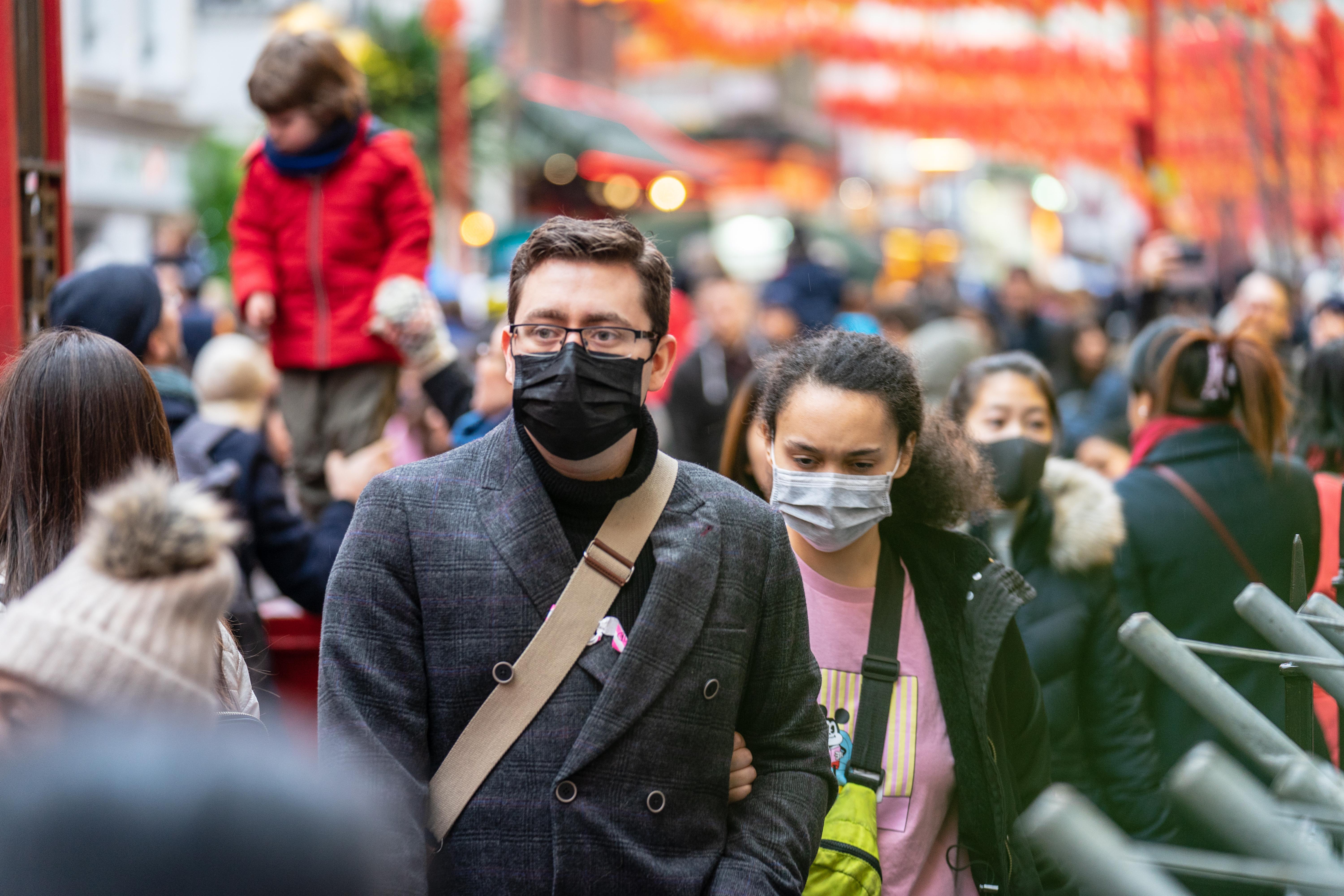
For most people, the novel coronavirus is the only pandemic they've lived through that's directly affected their lives. Life feels like it's reached a standstill with new regulations put in place to prevent the continued spread of the virus, but how bad do we really have it?
It's scary knowing that you won't be able to hug your parents, grandparents, or any of your immunocompromised friends for fear of their health, but it's recommended to adhere to social distancing guidelines to protect those who are particularly vulnerable.
While you should absolutely be taking these guidelines and warnings seriously, compared to previous pandemics, COVID-19 barely measures up compared to the worst pandemics in history.
The Black Death killed a third of the European population.
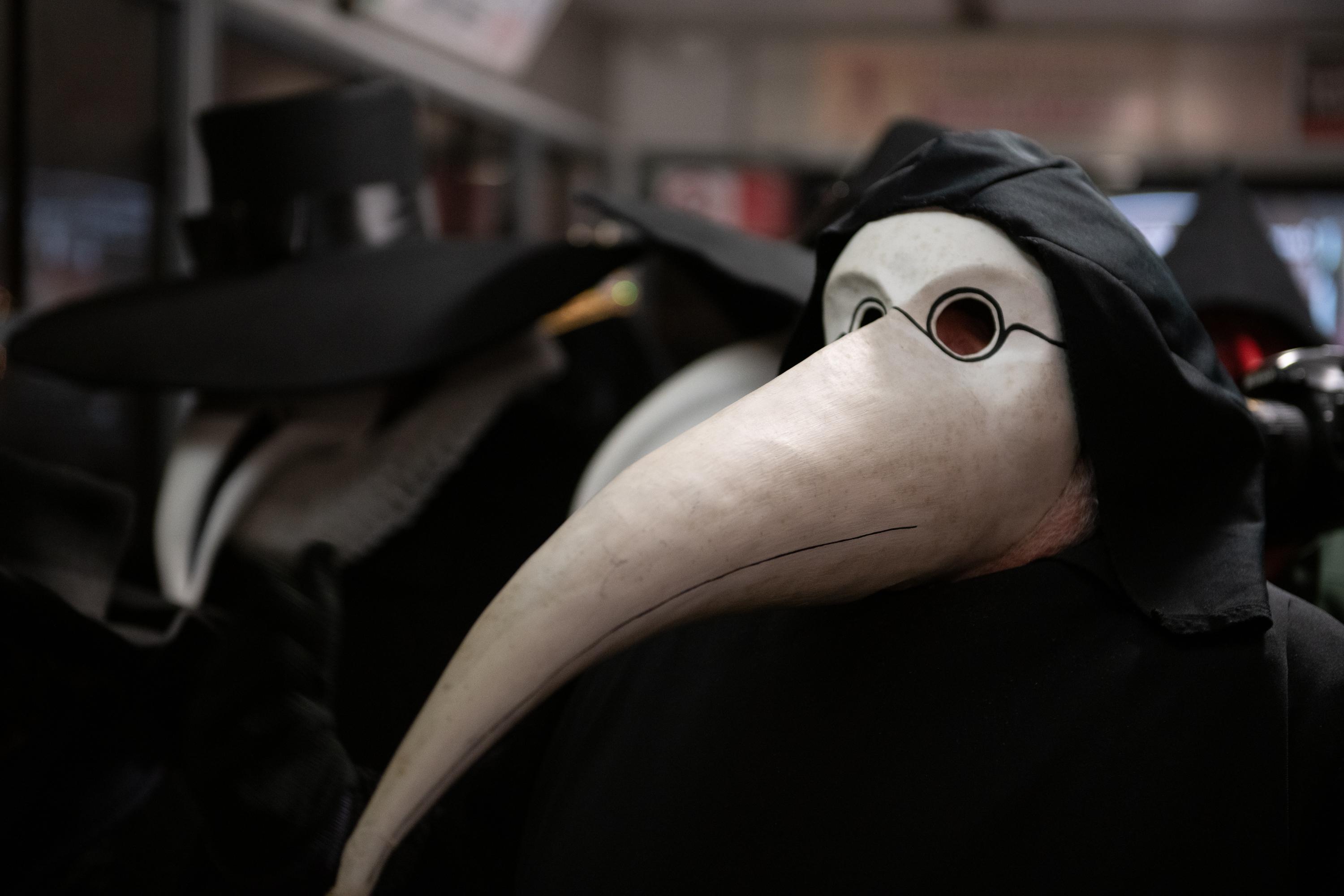
The Black Death, or Bubonic Plague, is the most-known pandemic in history. Happening in the mid 1300s, this pandemic wiped out 200 million people, making it the most deadly plague in history.
It's known that the main reason for the rapid spread of the disease is the lack of basic sanitary conditions, and healthcare has definitely improved since then. But if there's one thing to take away from this pandemic, it's this: wash your hands!
You are now vaccinated for smallpox.
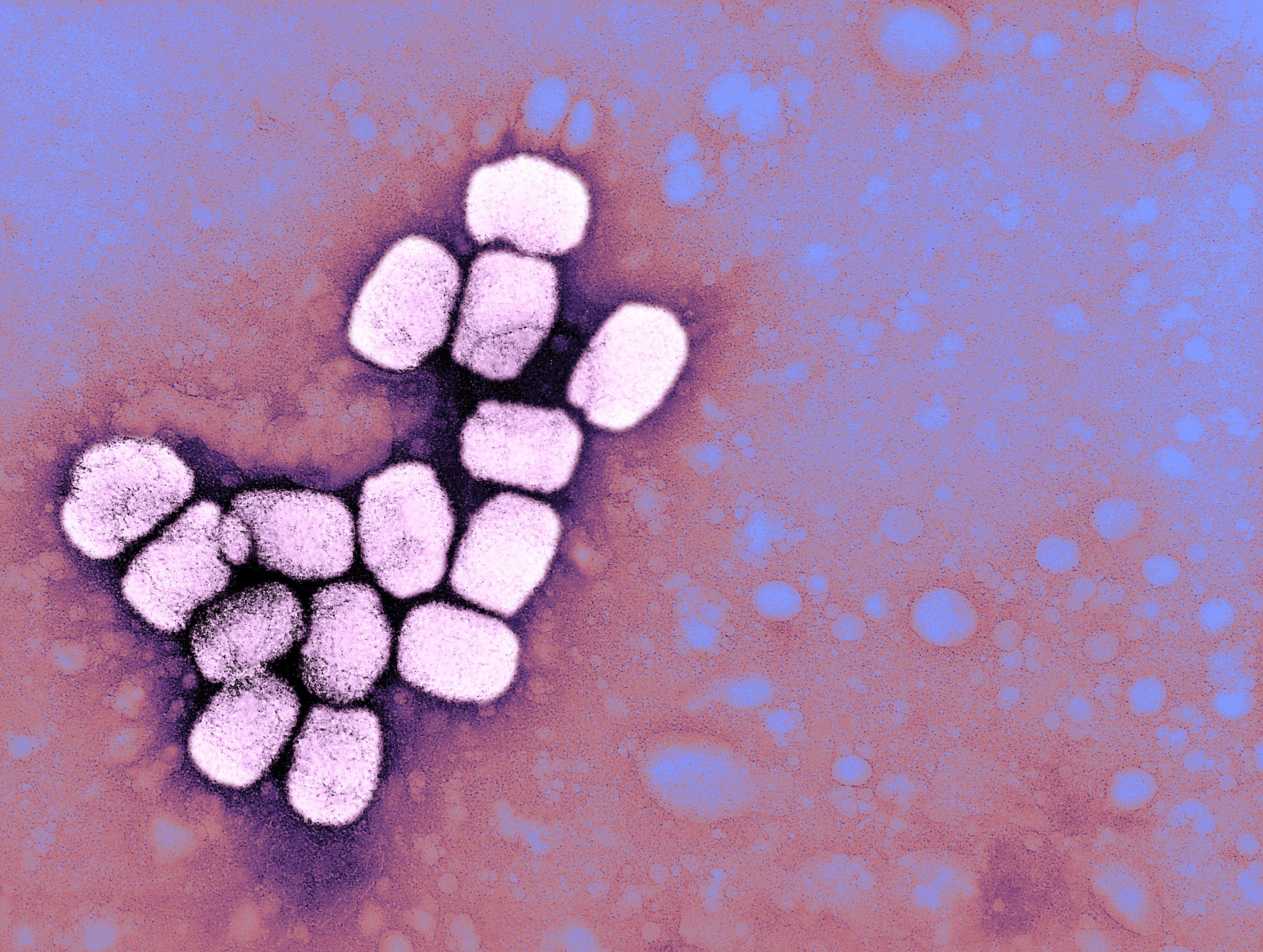
Unless you're an anti-vaxxer (in which case — what are you doing?), smallpox was the second-deadliest pandemic in history. According to the CDC, before a vaccine was created for the disease, it claimed the lives of 30% of everyone who got it. When Europeans brought it to North America in their attempt to colonize, it killed about 90% of the Native American population.
In total, 56 million people are estimated to have died from smallpox – which is why it's not mandatory that you vaccinate your children against it.
The Spanish Flu is said to be most similar to COVID-19.
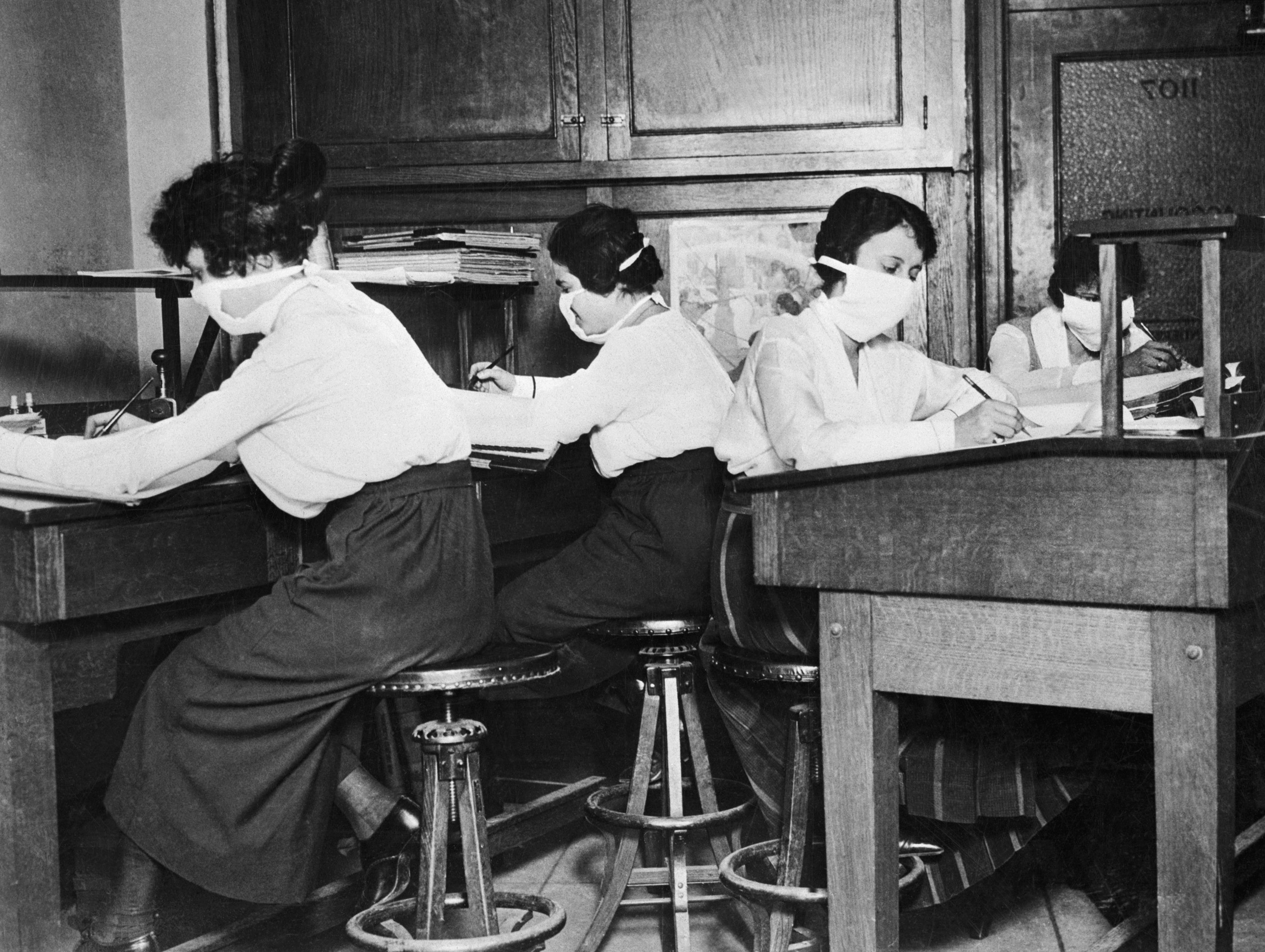
Labeled by the CDC as the "most severe pandemic in recent history," H1N1 spread rapidly between 1918 and 1919. About one-third of the global population was infected by the virus, claiming the lives of predominantly healthy people.
COVID-19 has frequently been compared to the Spanish Flu, not because they exhibit the same characteristics, but because some have said that the death rates and potential global impact could be similar. In total, H1N1 claimed the lives of around 50 million people.
The Plague of Justinian led to the fall of the Roman Empire.

The oldest pandemic on this list, the Plague of Justinian happened around the year 540 A.D., taking with it up to 5,000 lives a day, according to Time. Like the Black Death, the Plague of Justinian was transmitted through rats. At the time, it spread through Constantinople before moving into Europe and Asia, claiming somewhere between 25 million and 100 million lives.
HIV/AIDS is a pandemic still being fought today.
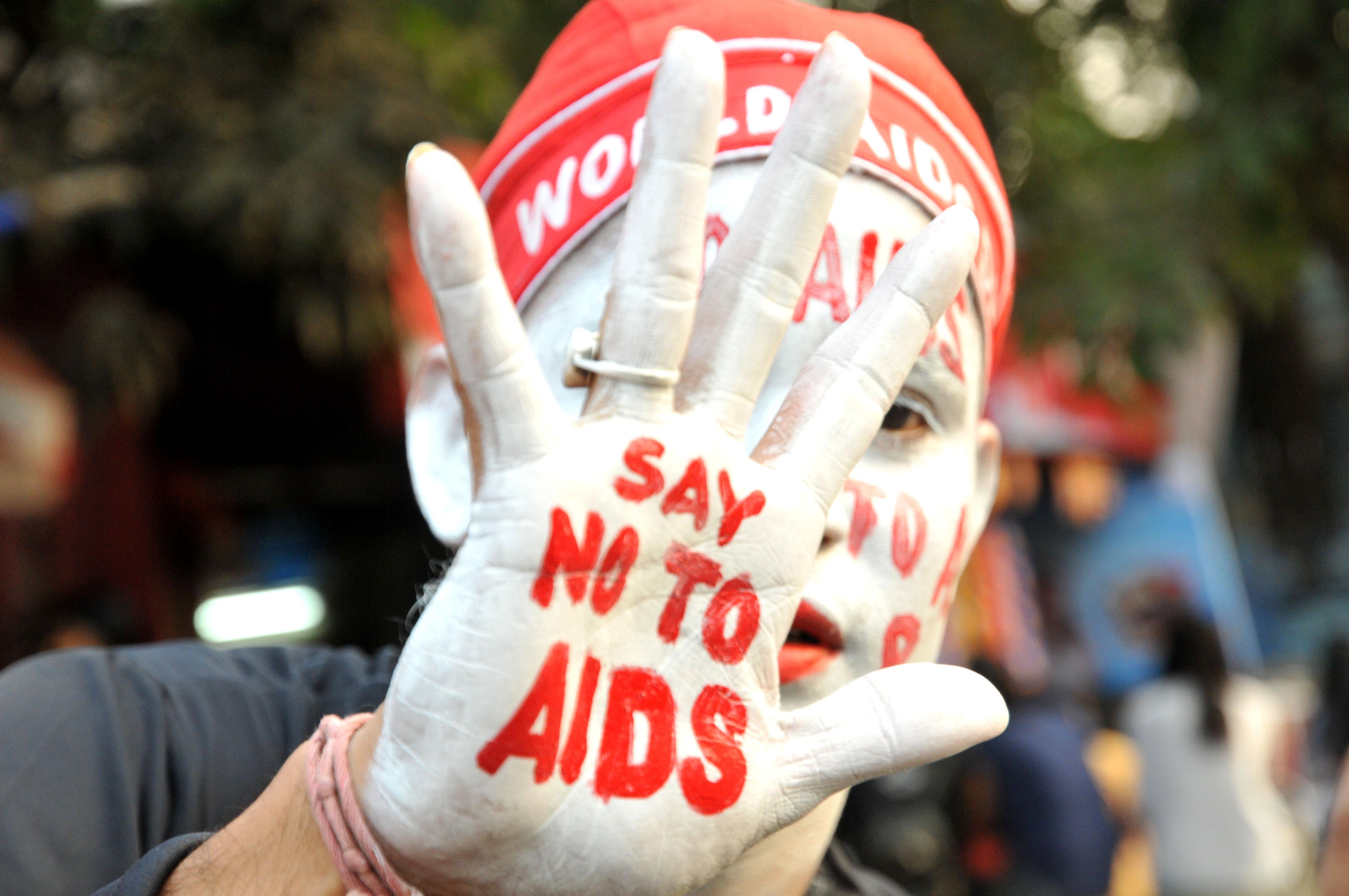
The outbreak of HIV/AIDS in the 1980s greatly hurt the LGBTQ population. The immunodeficiency virus can be a death sentence if not taken care of properly.
Despite gaining attention in the 80s, there still is no cure for HIV or AIDS, and the virus continues to takes lives globally. As of now, it has claimed over 25 million lives.
How does the coronavirus compare?
Currently, COVID-19 is mild compared to some previous pandemics the world has faced. While it's still too early to know exactly the impact the virus will have on the globe, currently the death rate is set to be around 3.5%, though, since testing protocols differ from country to country, it's possible that number is much lower.
The coronavirus has claimed the lives of over 20,000 people globally, and while this isn't a small number, it's not nearly as worrisome as some previous pandemics.
The best way to prevent contracting or spreading coronavirus is with thorough hand washing and social distancing. If you feel you may be experiencing symptoms of coronavirus, which include persistent cough (usually dry), fever, shortness of breath, and fatigue, please call your doctor before going to get tested. For comprehensive resources and updates, visit the CDC website. If you are experiencing anxiety about the virus, seek out mental health support from your provider or visit NAMI.org.